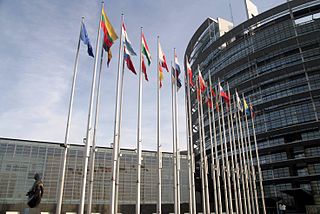 Yet again, the so called trilogue process has turned out to be a monologue by the Council of Agriculture Ministers. On Monday and Tuesday this week, the Council, Parliament and Commission discussed key remaining CAP reform issues. In all important areas, the Council got its way.
Yet again, the so called trilogue process has turned out to be a monologue by the Council of Agriculture Ministers. On Monday and Tuesday this week, the Council, Parliament and Commission discussed key remaining CAP reform issues. In all important areas, the Council got its way.
This is a serious embarrassment for the European Parliament. It was expected that some concessions would be granted to them, to at least create the impression that co-legislation and trilogue were functioning, and that give and take was occurring.
Instead, with time constraints creating an imperative that this phase of the negotiations would be finished by the end of this month (September) the Council has steamrolled on ahead.
So what happened?
- No protections were put in place to prevent modulation (i.e. transfers) from Pillar 2 to Pillar 1. Already, Poland is planning to reroute a massive 25% of its Pillar 2 money to Pillar 1. Faustine Defossez of the European Environmental Bureau (EEB) reacting to this said it was “disappointing to be faced with European Parliament negotiators who consistently expressed their goodwill for the environment throughout the entire process but never managed to act on it”.
- Refusal to CAP direct payments beyond what had already been agreed. “The final agreement abandons the proposed capping of direct payments to farmers” Jose Bove of the Greens said. “Huge farming businesses which do not need the funding will continue to get big pay cheques, while depriving others sustainable areas of the CAP from funding” he continued. So there is no capping in the final deal, only at least 5% degressivity or no degressivity at all, if a member state does allow at least 5% of the national direct payments envelope to the first hectares top up.




